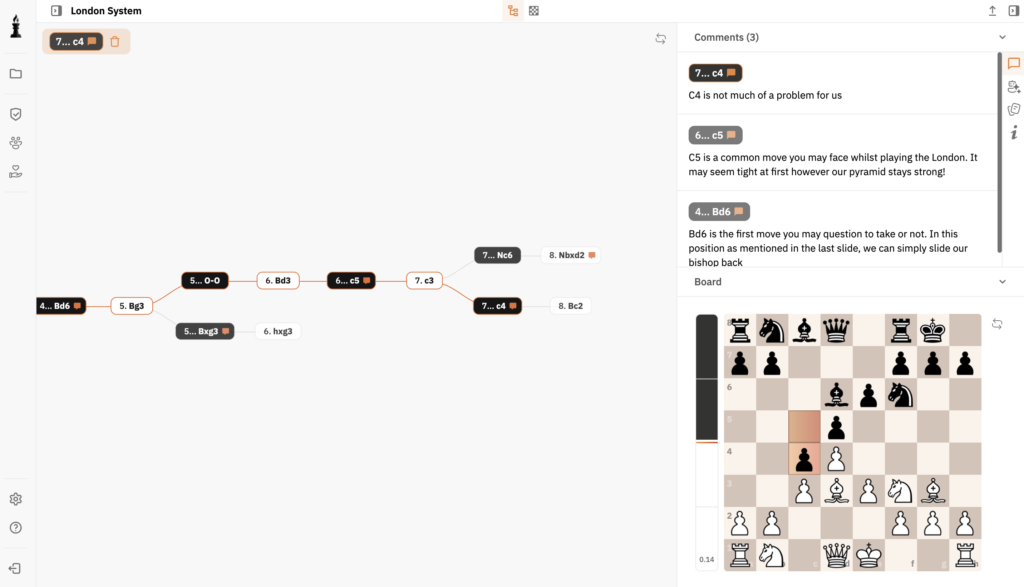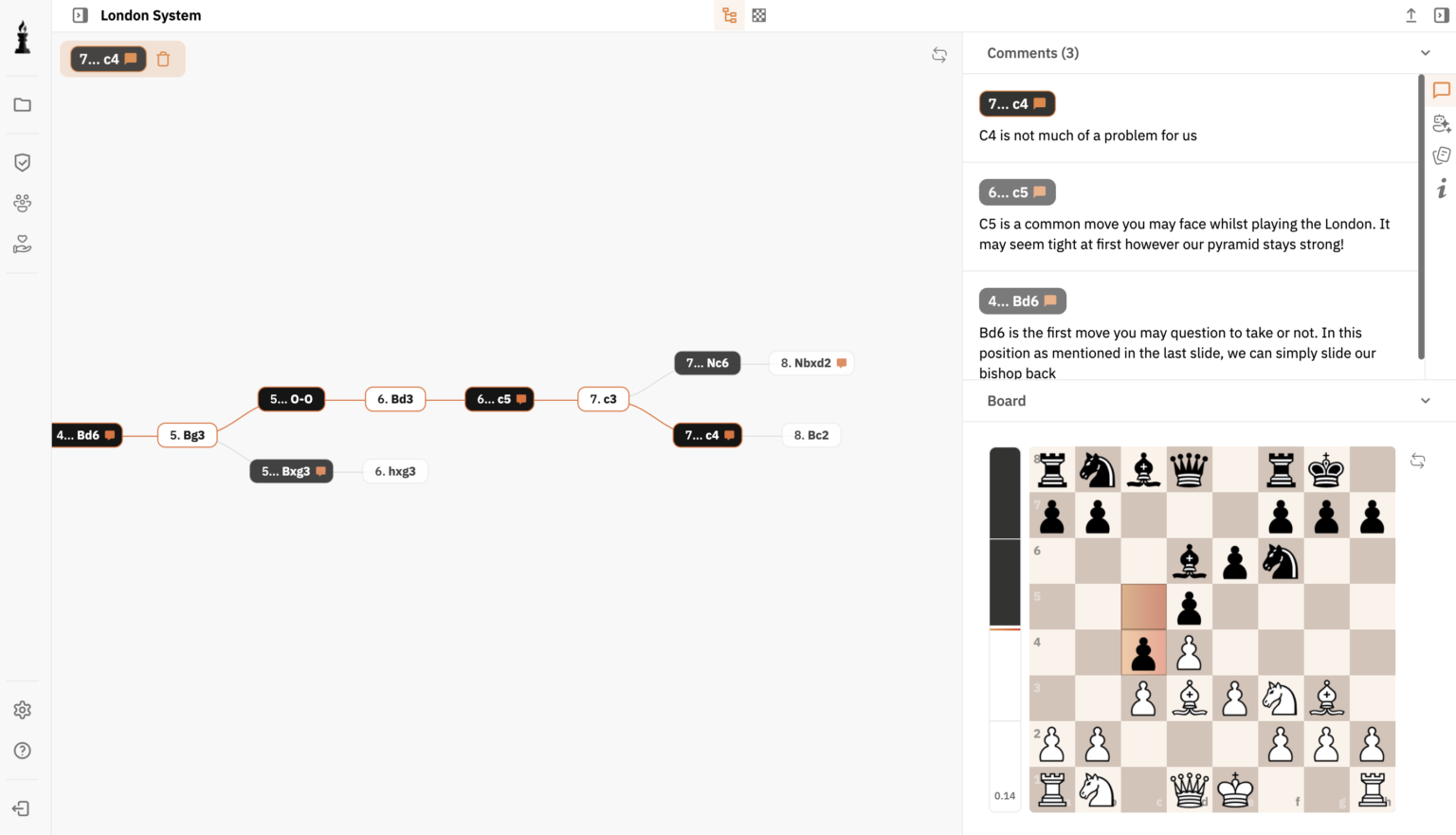Introduction to Psychological Warfare in Chess
While chess is often viewed purely as a game of logic and strategy, the role of psychological warfare cannot be understated. Throughout history, many masters, including Mikhail Chigorin and Rudolf Charousek, have demonstrated that psychological acumen can be as vital as technical skill to succeed atop the chessboard.
The Depths of Chess Psychology
Understanding Opponent Behavior
One of the core tenets of psychological warfare in chess involves understanding your opponent’s behavior. Great players, such as Johannes Zukertort, have been known to exploit their awareness of an opponent’s emotional and physical cues to anticipate future moves.
Influencing Decisions
Influencing an opponent’s decision-making is another tool used in psychological chess battles. By applying pressure during chess middlegames or cleverly disguising threats, players can induce errors in their opponents. An example of this could be using a well-timed zugzwang position to restrict the opponent’s options.
Psychological Endurance
Psycho-endurance plays a crucial role in long-drawn matches, as consistently seen in events like the Candidates Tournament. Here, players need to maintain mental stamina, and composure over numerous games to prevent fatigue-based blunders.
Intimidation and Confidence
The aura of confidence can be a psychological weapon. Historic matches show that players like Ruy Lopez and Howard Staunton have often turned the tides in evenly matched battles by establishing an intimidating presence on the chessboard.
Key Psychological Chess Techniques
Prophylaxis
Prophylactic thinking in chess isn’t purely for defense; it’s a strategic move to psyche opponents out by showing them that all their potential attacks have already been anticipated. This technique, reminiscent of the Italian School of Chess, involves considering every potential breakthrough they might conjure up and neutralizing their efforts.
The Use of Delays
Sometimes, hesitation or a prolonged wait can be a tactical move. Noticing unease in an opponent when you delay a critical response can give insights into their insecurities, paving ways to design future traps.
Psychological Sacrifices
Sacrificing can either reflect desperation or confidence. The latter is more psychological than strategic as rivals such as Gioachino Greco showed when they deliberately let their pieces go en prise, only to lull enemies into lapses.
The Mind Game of Blitz Chess
When the time is sparse, psychological maneuvers are enhanced. Blitz Chess becomes a playground not just for one’s ability to chart quick strategies but also for psychological fortifications, keeping composure under turbo-paced environments. Many Woman FIDE Master (WFM) players adopt this to leave their opponents flagging.
Notable Psychological Matches in Chess History
Historically, certain matches have paved the way for understanding the depth and impact of psychological warfare. Matches between titans like Capablanca and Alekhine not only based their outcomes on positional battlefields but also psychological dueling.
Conclusion: The Interplay of Mind Games in Chess
Chess isn’t just about analyzing the board and anticipating moves; it’s as much about psychological outmaneuvering. This amalgamation of strategy and psychology not only enhances one’s game but also offers profound insights into human nature itself, echoing sentiments celebrated in the Modern Universal Style of Chess. Understanding and harnessing psychological warfare is crucial for anyone aspiring to achieve grandmaster status.
Related Knowledge Tools
Utilize the Stockfish tool on ChessFlare and dive deeper into psychological strategies with resources at ChessFlare.
Psychology in chess affects outcomes by altering opponent perception and anticipation. Masters often utilize this to intimidate or mislead.
Common tricks include feigning confidence, luring opponents into traps, and using delays to assess opponent discomfort.
Absolutely. Employing these techniques strategically alongside traditional play can lead to improved Elo ratings and match outcomes.
Yes, particularly at top levels, where marginal advantages make a significant difference, psychological tactics are often decisive.





